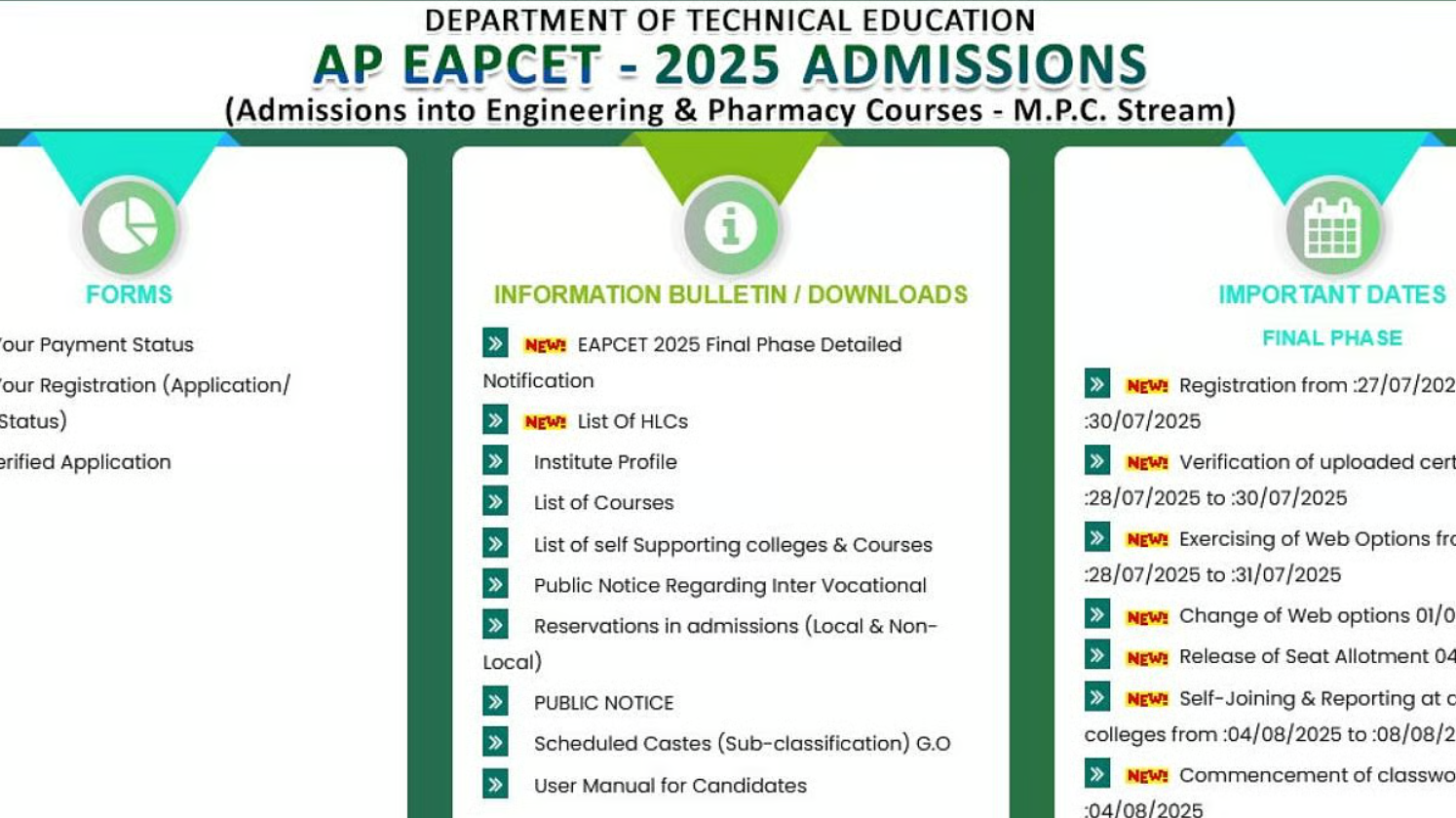The Benefits of Individualized Education Programs (IEPs)
IEP, short for Individualized Education Program, is a personalized educational plan designed to support students with special needs. In this article, we will explore the numerous benefits of IEPs and how they can positively impact a student’s academic and personal growth.
Enhanced Learning Opportunities
One of the primary benefits of IEPs is the provision of enhanced learning opportunities for students. By tailoring educational strategies and materials to meet individual needs, IEPs ensure that students receive instruction in a way that is most effective for them. This personalized approach allows students to grasp concepts more easily, leading to improved academic performance.
Individualized Support
IEPs provide individualized support to students, addressing their unique strengths and weaknesses. Through ongoing assessments and evaluations, educators can identify areas where a student may require additional assistance. These programs offer targeted interventions and specialized instruction, enabling students to overcome challenges and make significant progress.
Promoting Inclusion
Another crucial benefit of IEPs is their role in promoting inclusion within the educational system. By recognizing and accommodating diverse learning needs, IEPs ensure that students with disabilities have equal access to education. This inclusive environment fosters a sense of belonging and encourages positive social interactions among all students.
Collaboration and Communication
IEPs facilitate collaboration and communication between various stakeholders, including teachers, parents, and specialists. By involving all parties in the development and implementation of the plan, IEPs create a cohesive support system for the student. Regular meetings and progress updates allow for continuous feedback and adjustments, ensuring that the student’s needs are met effectively.
Transition Planning
IEPs play a vital role in preparing students for life beyond their academic journey. These programs incorporate transition planning, which focuses on developing essential skills for post-secondary education, employment, and independent living. By gradually introducing students to real-world scenarios and responsibilities, IEPs equip them with the necessary tools to navigate adulthood successfully.
Emotional and Behavioral Support
IEPs recognize that academic success is not solely dependent on cognitive abilities. Emotional and behavioral support is an integral part of these programs. By providing counseling services, behavior management strategies, and social-emotional learning opportunities, IEPs address the holistic needs of students, fostering emotional well-being and positive behavior.

Individualized Education Programs (IEPs) offer a wide range of benefits that empower students with special needs to thrive academically, socially, and emotionally. Through personalized support, enhanced learning opportunities, and collaboration among stakeholders, IEPs create an inclusive environment that promotes growth and success. By recognizing the unique strengths and challenges of each student, IEPs pave the way for a brighter future and ensure that no student is left behind.
Frequently Asked Questions about the Benefits of Individualized Education Programs (IEPs)
1. What is an IEP?
An Individualized Education Program (IEP) is a legal document that outlines the specific educational goals and support services for a student with a disability.
2. Who is eligible for an IEP?
Students who have been identified with a disability and require special education services to meet their unique learning needs are eligible for an IEP.
3. What are the benefits of having an IEP?
An IEP provides personalized instruction, accommodations, and support services to help students with disabilities succeed academically, socially, and emotionally.
4. How does an IEP support academic growth?
An IEP sets specific academic goals and provides individualized instruction, specialized teaching techniques, and appropriate accommodations to help students make progress in their learning.
5. What social benefits can an IEP offer?
An IEP can include social goals and strategies to help students develop social skills, build relationships, and participate in activities with their peers.
6. Does an IEP provide any emotional support?
Yes, an IEP can address emotional needs by including counseling services, social-emotional learning strategies, and accommodations to create a supportive learning environment.
7. How does an IEP involve parents or guardians?
Parents or guardians play a crucial role in the IEP process, collaborating with educators to develop the plan, attending meetings, and providing valuable insights about their child’s needs and progress.
8. Can an IEP help with transitioning to post-secondary education or employment?
Yes, an IEP can include transition goals, services, and planning to support students in successfully transitioning from high school to college, vocational training, or employment.
9. Are there any legal protections associated with an IEP?
Yes, an IEP is protected by the Individuals with Disabilities Education Act (IDEA), which ensures that students with disabilities receive a free and appropriate public education in the least restrictive environment.
10. How often is an IEP reviewed and updated?
An IEP is reviewed at least once a year, but it can be reviewed more frequently if needed. It is important to regularly assess the student’s progress and make necessary adjustments to the plan.




